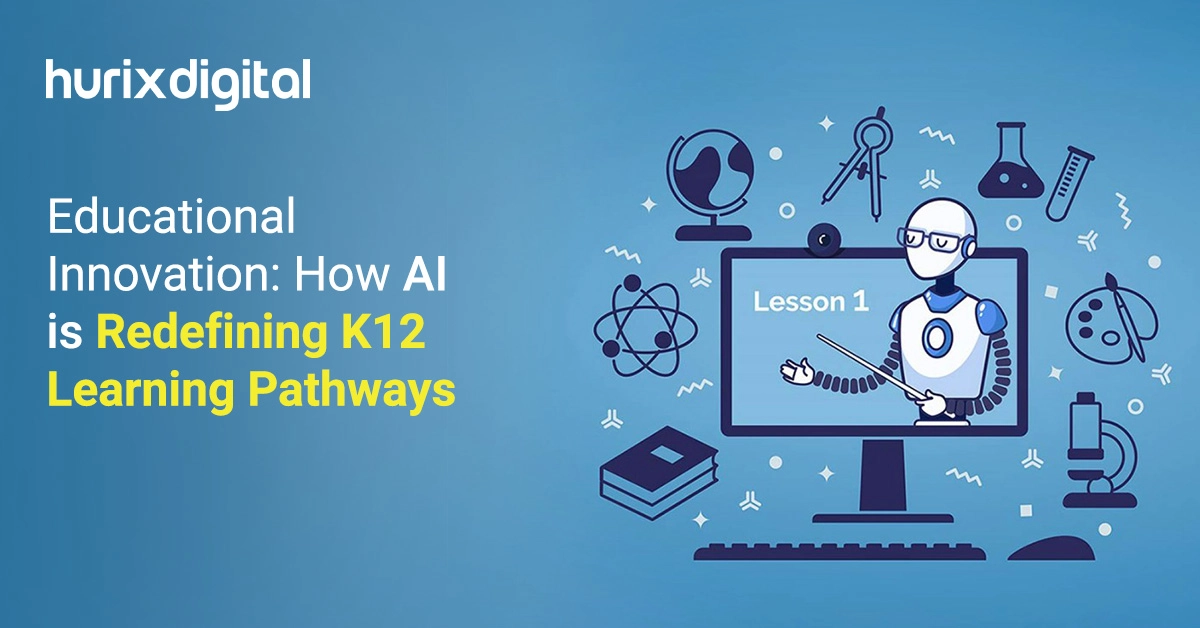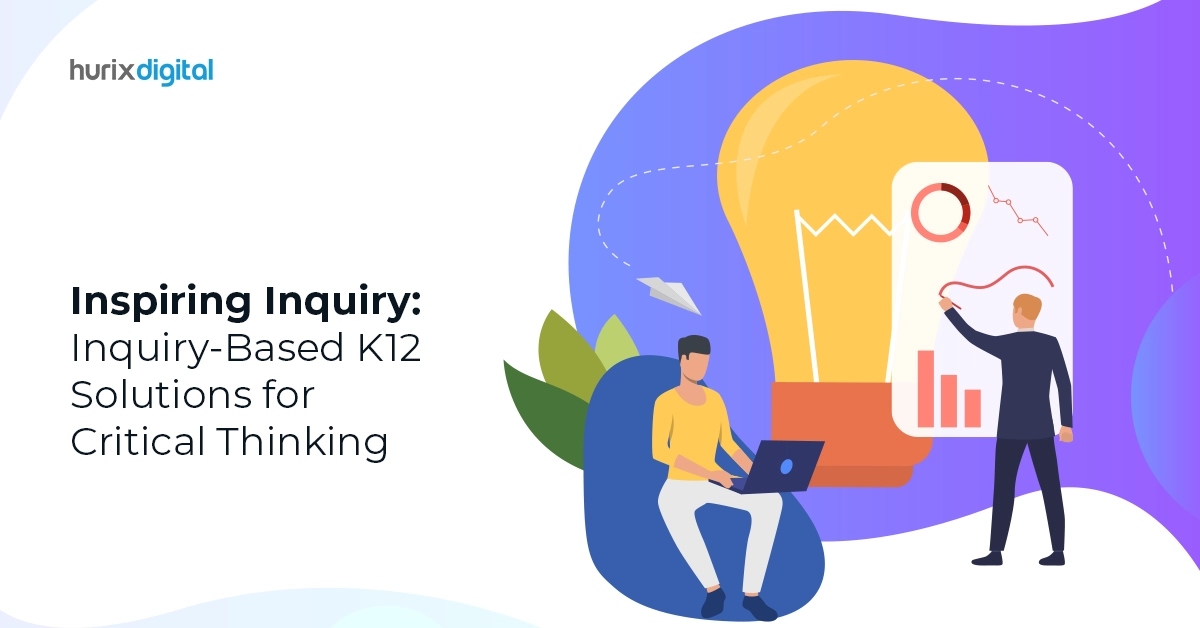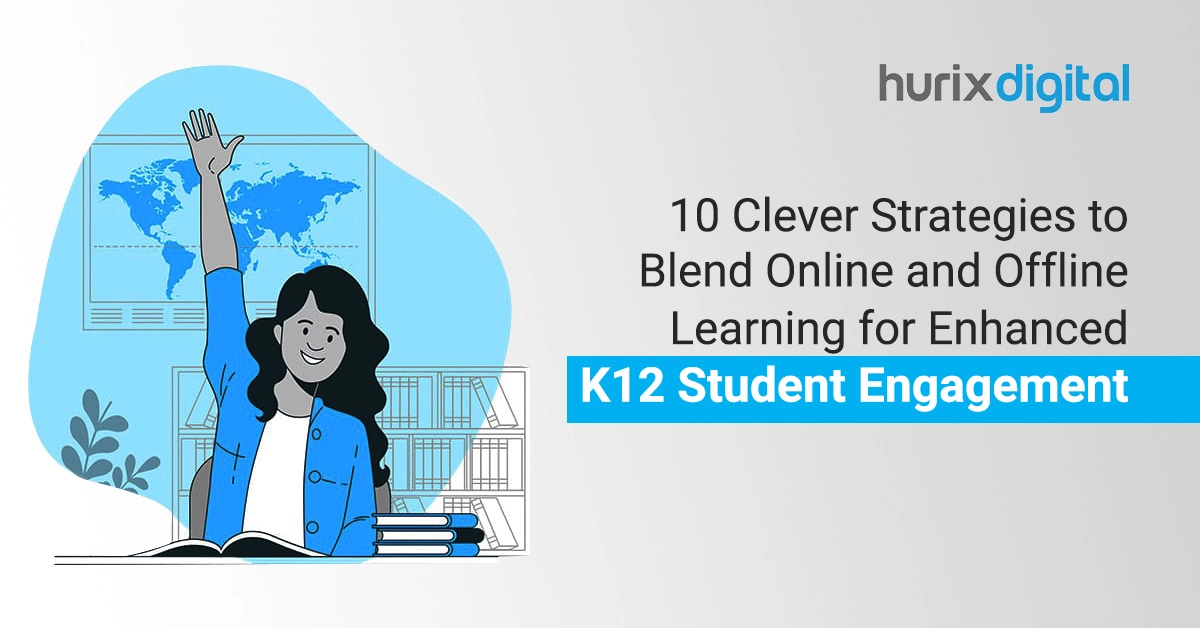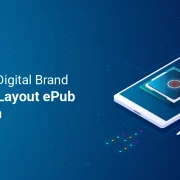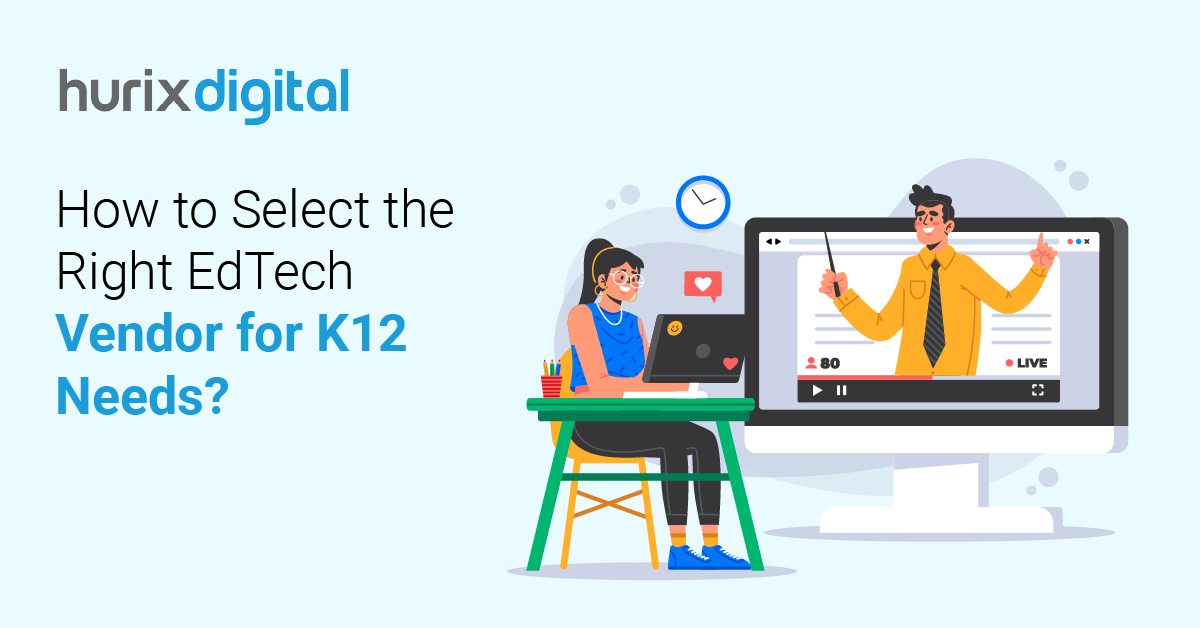
How to Select the Right EdTech Vendor for K12 Needs?
Summary
Explore the significance of selecting the ideal edTech vendor for K12, the challenges involved, and tips for a systematic evaluation within budget constraints.
According to research, the global EdTech industry is expected to grow at a CAGR of 14.2%, hitting a value of $549.6 billion by 2033. While many different segments of the industry contribute to this burgeon, vendors top the list.
Essentially, an edTech vendor is a business that sells tech-based products and services to edTech institutions. Thus, they play a significant role in the growth and expansion of the industry.
As of 2024, there are approximately 70,320 edTech vendors worldwide. In fact, this figure keeps growing with every passing minute, which is a positive sign for the industry’s growth. However, as an institution, this also means you will have a tougher time choosing the right one for your needs.
But don’t worry—this blog is here to help you. Read on as we discuss the importance and challenges of choosing the right edTech vendors for K12 and enlist the steps to help you select the best one for your institution. Let’s start!
Table of Contents:
- Why is it Important to Select the Right EdTech Vendor for K12 Education?
- Challenges Associated with Choosing an Apt EdTech Vendor for K12 Education
- EdTech Vendor Selection — How to Select the Best One for Your K12 Needs?
- Wrapping Up
Why is it Important to Select the Right EdTech Vendor for K12 Education?
There are many reasons why you should not compromise when selecting a higher education edTech vendor. For example:
1. Ensures Quality Education
Vendors are responsible for supplying the tools and technology you use in your institution to impart education. If they are not reputed, chances are, the quality of their products is also average. This can cause unexpected interruptions and technical issues.
As a result, your education quality is negatively impacted. Thus, it’s essential to be diligent while choosing an edTech vendor.
2. Offers Better Curriculum Alignment
Depending on the curriculum, every K12 edTech institution has its own technological needs. For instance, some require hardware and software that can fluently accommodate both offline and online access.
On the contrary, others may seek technology capable of disbursing different kinds of content. Choosing the right edTech vendor ensures you receive tech support that is tailored to your institution’s curriculum, no matter how unique it is.
3. Maximizes Data Security
Right from the Learning Management System (LMS) to the collaboration tools, every piece of technology that you use in your edTech institution collects a significant amount of data from your students. This includes critical PII, behavioral data, academic data, etc. So, choosing a high-quality edTech vendor with solid data security protocols is essential. It ensures maximum data integrity and security.
In this regard, the head of procurement plays a crucial role in ensuring that your institution selects the best-suited edTech vendor. Their expertise in evaluating vendor capabilities, negotiating contracts, and aligning vendor offerings with institutional needs can significantly impact the success of your educational technology initiatives.
Also Read: Best Online EdTech Solution Providers for 2024
Challenges Associated with Choosing an Apt EdTech Vendor for K12 Education
Selecting edTech solutions for schools is not easy. If this is your first time doing so, expect the following challenges to emerge on your way:
1. Correctly Assessing Quality
The first and most common challenge institutions face when looking for edTech vendors for K12 is quality issues. Especially if you lack any previous experience, you will find it difficult to appropriately gauge the standard and effectiveness of the vendor’s tools and solutions.
2. Data Security Concerns
Another bottleneck for most institutions is assessing the vendor’s compliance with data security laws and guidelines. This rigorous process includes multiple verification steps.
So, if you don’t have a general idea about the laws and the certificates that reflect a vendor’s compliance, you might end up selecting one with poor data security standards.
3. Overcoming Budget Issues
As an institution, you must have a fixed budget for building your technical infrastructure. But oftentimes, finding edTech vendors with reliable solutions within a tight budget gets difficult. To ensure quality for money, you must evaluate the vendor’s offerings carefully, which is, again, an arduous task.
The head of procurement, on this note, plays a pivotal role in navigating these challenges.
Here’s how:
- They conduct thorough evaluations of vendor capabilities, ensuring they can effectively assess the quality and reliability of edTech solutions despite institutional inexperience.
- They oversee the assessment of vendor compliance with stringent data security laws and guidelines, safeguarding the institution against potential data breaches and regulatory risks.
- By negotiating contracts and scrutinizing vendor offerings, they optimize procurement decisions to align with budget constraints while maintaining high standards of quality and performance.
EdTech Vendor Selection — How to Select the Best One for Your K12 Needs?
Now, let’s come to the crux of the topic. Here are five edTech procurement tips that will enable you to pick the right vendor for your institution:
1. Define Your Needs
First and foremost, you need to be clear about your institution’s technological needs. To do that, start by highlighting your objectives (facilitating remote learning, enhancing student engagement, etc.) and any potential challenges (limited budget, staff training, etc.) you might face in achieving them. Based on your findings, create a relevant curriculum.
2. Evaluate Alignment with Your Curriculum
Now that you have a curriculum in place, it’s time to look for edTech vendors who offer the type of K12 education technology that aligns with it. To do so, create a list of vendors and evaluate different aspects of their offerings. This includes their features, ease of use, collaboration functionalities, etc.
3. Assess Data Security Protocols
Evaluating edTech vendors based on their data security standards is yet another crucial part of the process. So, verify if the vendor’s products and services comply with data protection regulations. Check their security measures to identify if any loopholes might put students’ data at risk.
4. Research and Shortlist Eligible Vendors
By this point, you will find many vendors who fulfill all the above criteria for you. But, you must refine the list to arrive at the best one. So, shortlist the eligible vendors. Evaluate factors like their online reviews, testimonials, case studies, etc, to gauge the actual quality of their offerings.
5. Consider Cost and Other Factors
Now that you have 2-3 vendors to choose from, make cost your decisive factor to land the best one from them. However, if their pricing plans are almost the same, consider factors like customer support and scalability to pick the most ideal edTech vendor for your institution.
Also Read: 7 Best Education Tech (EdTech) Companies for K12 Institutes in 2024
Wrapping Up
For any institution, finding the right edTech vendor for K12 is essential. It not only determines their efficiency but also directly impacts their quality of education. However, successfully landing the best one doesn’t come free from challenges. So, we hope this guide helps you choose the right edTech vendor systematically.
Having said that, if you are on the lookout for robust Higher Ed and K12 Solutions for your institution, check out Hurix Digital. We offer a comprehensive suite of tools and technology that facilitates and streamlines edTech management for institutions.
Hurry up—get in touch with us today!

Senior Vice President
A Business Development professional with >20 years of experience with strong capability to sell new solutions and develop new markets from scratch. New Market Entry Specialist with experience of working in two of the largest emerging markets – China & India. Also covered other key markets in APAC, US, EU & ME. Exceptional experience of conceptualizing, ideating and selling new learning technologies like VR AR, etc. across multiple industry verticals.
